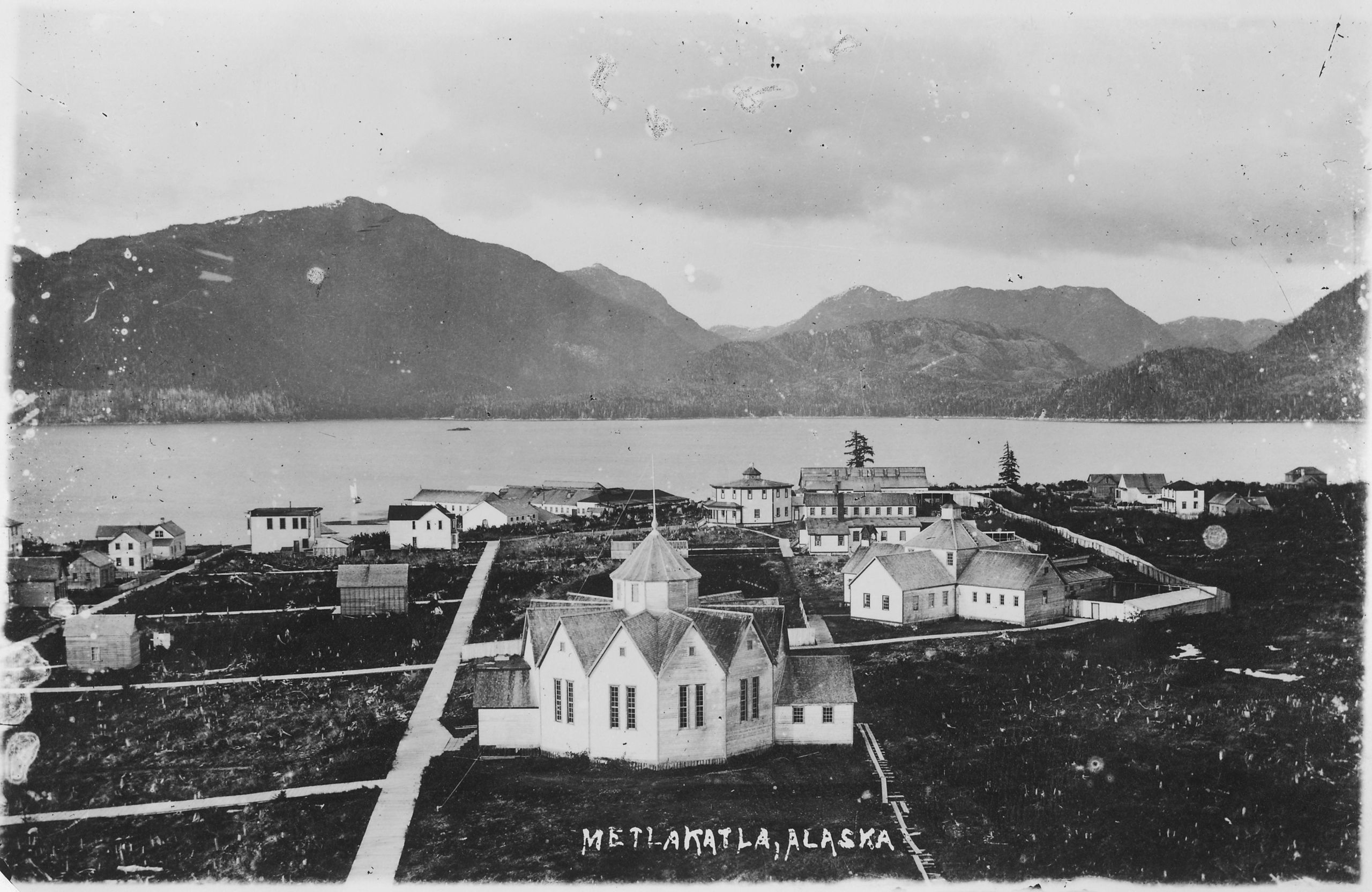Here is the petition in Scudero v. Alaska:
Questions presented:
1. Can the State of Alaska by criminal prosecution and threat of fine and incarceration prohibit Alaska Native members of the Metlakatla Indian Community and Tribe and the Tsimshian Nation, who have vested broad off-reservation, aboriginal, treaty, presidential proclamation, and congressional legislature enacted, and granted, fishing rights, from harvesting fish in their traditional Pacific Ocean fishing waters, and Annette Islands Reserve related waters, which fishing is essential to their culture, heritage, and lifestyle, and vital to the very purpose for which the Reserve was established and dedicated, under the guise of “conservation necessity” by criminally banning those natives who are “un-permitted” i.e., do not have State of Alaska “limited entry permits,” which permits are bought and sold for many tens of thousands of dollars and well beyond the financial resources and means of most natives, and which permits were issued in a restricted and “qualifying fashion” that discriminates against those Metlakatla Natives?
2. Should this Court act as the United States Supreme Court did on two (2) prior occasions in Alaska Pacific Fisheries Company v. United States, 248 U.S. 78, 39 S.Ct.40, 63 L.Ed. 138 (1918) and Metlakatla Indian Community v. Egan, 369 U.S. 45, 82 S.Ct. 552, 7 L.Ed. 262 (1962), to protect the rights of the Tsimshian Nation members of the Metlakatla Indian Community and Tribe as to the Annette Islands Reserve, as to vested fishing rights relating to the Reserve, or allow the State of Alaska and the Alaska Supreme Court to abrogate and extinguish those aboriginal, treaty, presidential proclamation, and congressional legislation and grant rights [which abrogation involves native fishing rights that evolve from the Russian Treaty of Succession of 1867 (Alaska Acquisition Treaty) and subsequent federal legislation including the Alaska Statehood Act, (72 Stat. 339) Public Law 85-508, 85th Congress, H.R. 7999, July 7, 1958, the Alaska Native Claims Settlement Act (“ANCSA,” 43 U.S.C. § 1601 et. seq.), and violation of the duties and obligations of the State of Alaska thereunder], with devastating impacts on the Metlakatlans and their thousands of years of culture tradition and heritage under the guise of the misapplied “conservation necessity principle,” where said misapplication is discriminatory against the Tsimshian Metlakatla Tribe and natives such as John Albert Scudero, Jr. and there will be no real impact on the Alaska limited entry fishing program or the fisheries of Alaska if the natives’ vested rights are honored?
3. Can the State of Alaska by such criminal prosecution abolish those Alaska Natives’ fishing rights when allowing the small number of Metlakatlans to exercise their rights will in reality have little impact on the State of Alaska Limited Entry Fisheries Program, or salmon fisheries; although such discriminatory ban and prohibition and criminal prosecution abrogates and emasculates those vested fishing rights and destroys the basic purpose for which the Reserve was established by presidential proclamation and congressional action, as a reserve for the Alaska Natives to enjoy and practice their historical and traditional fish harvesting lifestyle, as opposed to an agrarian lifestyle which was and is not possible on the Reserve; or does the State of Alaska have to honor those vested rights of the Alaska Natives, Metlakatlans, as the Courts have held as to vested native fishing rights and allow them to fish on equal footing and par with non-native fishers, merely perhaps equally subject to true conservation regulatory measures as to “manner and means,” and “seasons” of harvest and not subject to a criminal prosecution impressed discriminatory total ban on un-permitted natives so exercising their vested fishing rights?
Lower court materials here.

You must be logged in to post a comment.